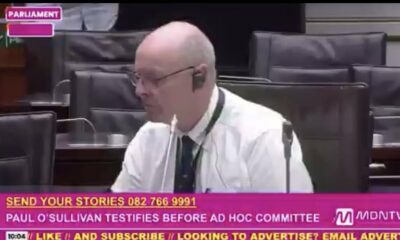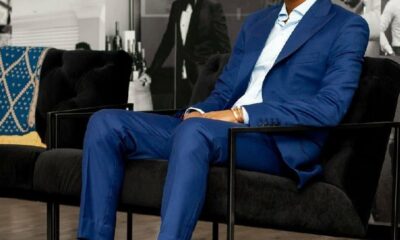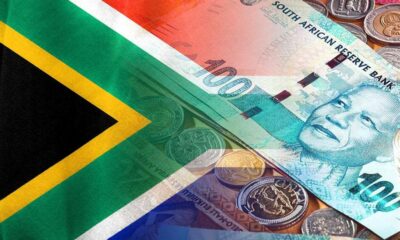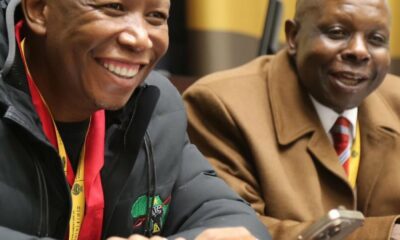News
Free Speech or Reckless Messaging? Solidarity Takes City of Joburg to Court Over Billboard Takedown
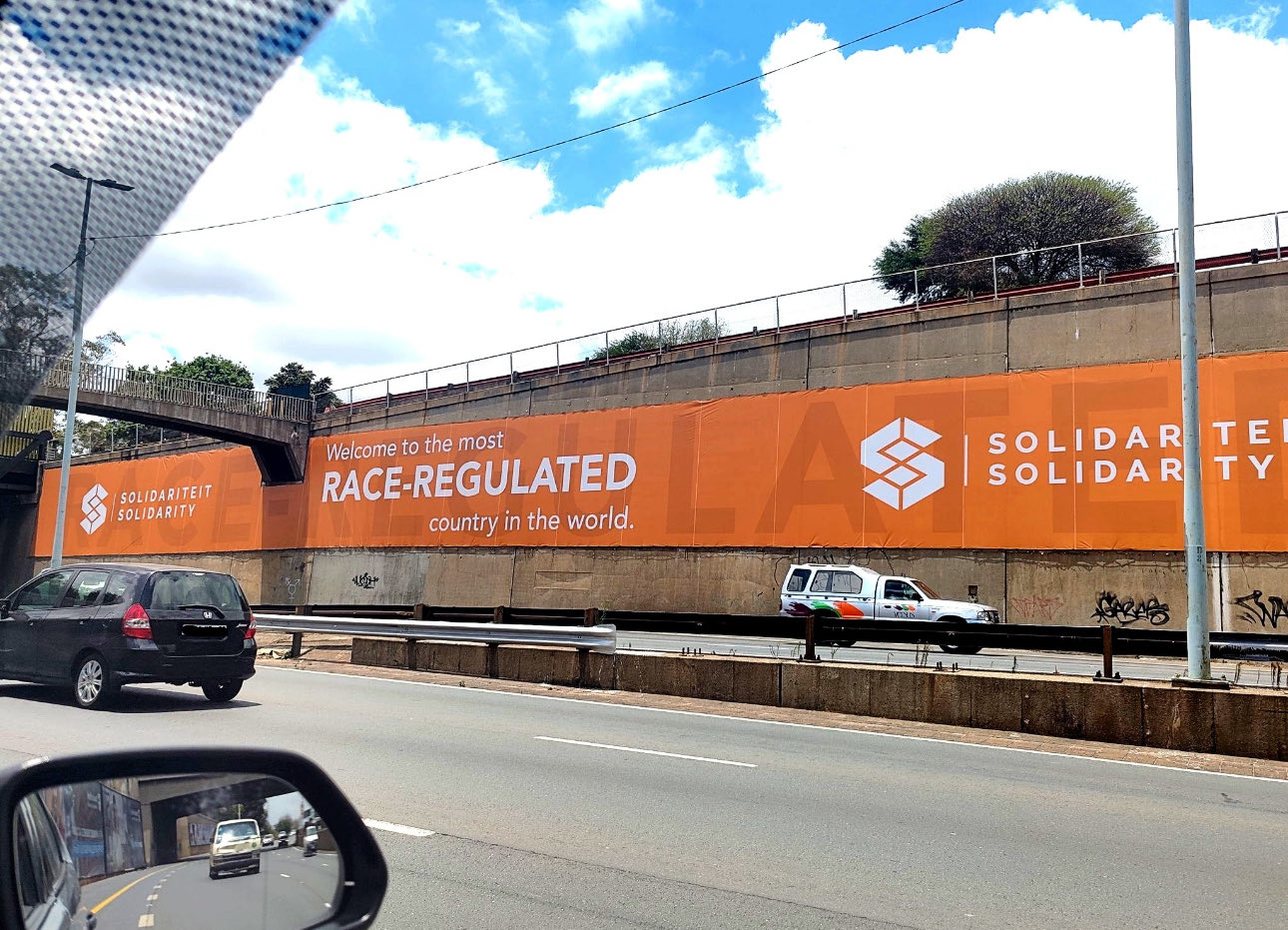
A Billboard, a Tweet, and a Legal Battle
What started as a bold orange billboard hanging over Johannesburg’s M1 highway has now turned into a full-blown court case.
Labour union Solidarity has taken the City of Joburg and Gauteng Premier Panyaza Lesufi to court, claiming the removal of its billboard, which described South Africa as “the most racially regulated country in the world” amounts to unlawful censorship.
The 70-metre banner, positioned between Smit Street and Empire Road, was meant to welcome leaders attending the G20 summit. Instead, it’s sparked a national debate over free speech, racial politics, and government overreach.
Shortly after Lesufi posted a photo of the banner on social media, captioning it “racists are loud and clear,” the billboard was taken down by the Johannesburg Metropolitan Police Department (JMPD). Within hours, Solidarity’s message had vanished, but the outrage had already gone viral.
City Says “No Permit, No Billboard”
According to JMPD spokesperson Xolani Fihla, the issue isn’t censorship it’s compliance.
He said the city’s outdoor advertising unit never received an application to erect the banner, emphasizing that all outdoor adverts require proof of ownership, safety certification, and official approval.
“There has never been any advertising approved to utilise that specific section,” Fihla told reporters. “Since no-one has been given approval to use that space, no company currently owns or rents it.”
But Solidarity CEO Dirk Hermann insists the space was legally rented through an advertising agency, claiming that the city removed the banner because of its message, not because of missing paperwork.
“All the rules were followed,” Hermann said. “The city council told the agency they did not like the message. The removal was not only unlawful but also improper censorship. It is an evil day when a government decides what can and cannot be said.”
Solidarity Stands Its Ground
As criticism mounted online, Solidarity’s head of international relations Jaco Kleynhans took to X (formerly Twitter) to defend the message.
“All approved. The message was factually correct and in no way propaganda. I don’t understand your thinking except for your hatred for Solidarity and AfriForum and our successful US liaison,” he wrote.
The union argues that the phrase “racially regulated country” reflects its broader campaign against what it perceives as race-based legislation and affirmative action in South Africa, a stance that’s drawn both support and fierce opposition over the years.
In a twist of irony, even as the M1 banner came down, Solidarity said it had already booked another illuminated billboard, only for that one to be switched off too, reportedly by the advertising company “out of fear of vandalism.”
The Watchdog Steps In
The Advertising Regulatory Board (ARB) confirmed it has received several complaints about the billboard.
According to ARB CEO Gail Schimmel, the watchdog is reviewing whether the advertisement violates Clause 2.4 of the advertising code, which covers issues like offensive content, discrimination, and misleading claims.
“Before advertising is published, advertisers must hold evidence to support all claims, whether direct or implied,” Schimmel said.
The ARB will also consider whether the billboard falls under commercial advertising, which it regulates or political and policy messaging, which falls outside its remit.
This distinction could determine whether the ARB has the authority to act at all.
Beyond the Billboard: The Bigger Picture
While Solidarity’s lawsuit focuses on legality, the controversy touches on something deeper: who gets to define South Africa’s racial narrative.
To supporters, the removal of the banner is a chilling act of political censorship. To critics, it’s a case of provocation disguised as free speech, a strategic move designed to inflame racial tensions ahead of a global event.
Social media has been ablaze with commentary. Some users accused Solidarity of “race-baiting” under the banner of activism, while others saw Lesufi’s response as “intolerant of dissent.”
As one X user put it:
“Whether you agree with Solidarity or not, we should all be concerned when government officials can just decide what messages the public gets to see.”
Courtroom Showdown Ahead
For now, the matter sits before the courts. Solidarity wants the City of Joburg and Premier Lesufi to account for what it calls “unlawful interference” and to confirm that the union had every right to display the banner.
Regardless of the outcome, the case underscores South Africa’s ongoing struggle to balance freedom of expression with social responsibility, a debate that often plays out on our streets, our feeds, and our billboards.
{Source: The Citizen}
Follow Joburg ETC on Facebook, Twitter , TikTok and Instagram
For more News in Johannesburg, visit joburgetc.com

